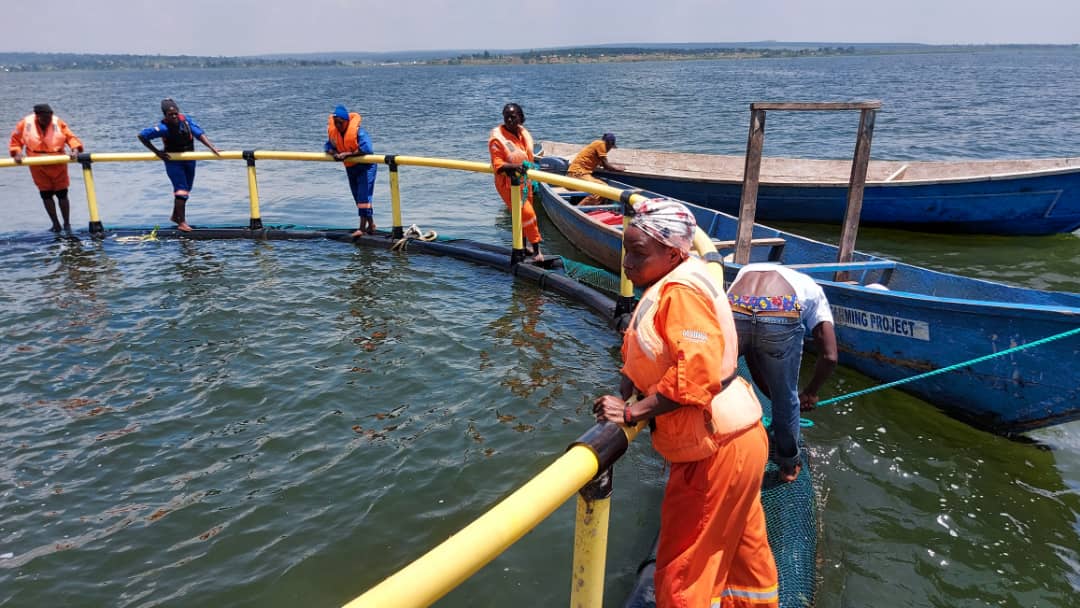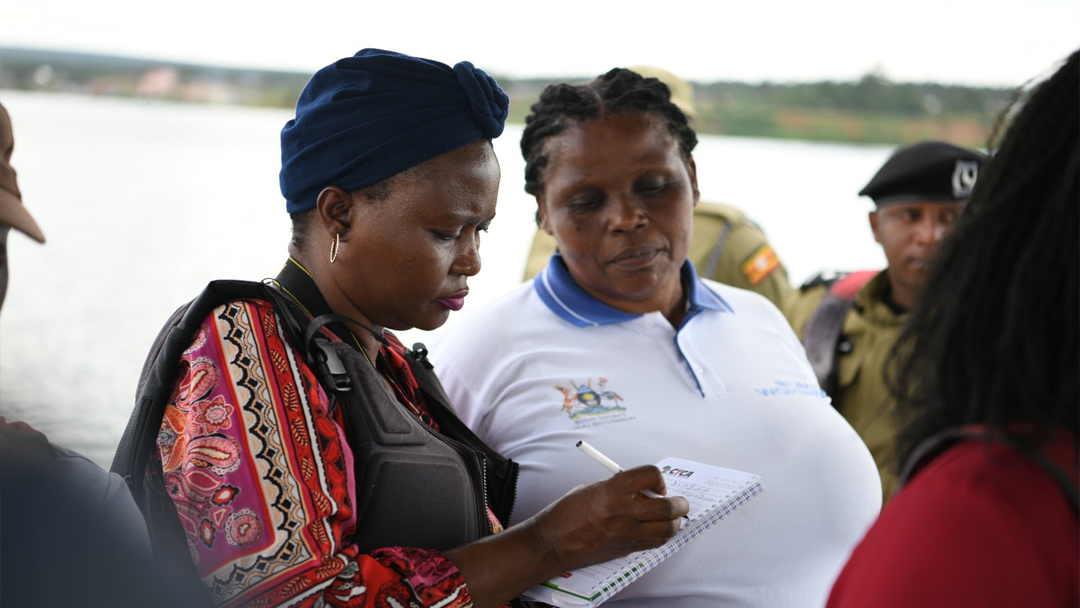
UN hands over Shs2.8b fish project to Bugiri women
Posted On
2 years ago
Posted By
Weeb team
Tags
The United Nations (UN) has handed over a Shs2.8b commercial cage fish farm to 1,400 women in Wakawaka Village, Bulidha Sub-county, Bugiri District.
The project was started in 2019 with funding from Standard Bank Group of Companies (South Africa), Swedish government, United Nations Development Programme (UNDP), United Nations Environment Programme (UNEP), and Msingi East Africa.
Its implementation was based on research by the UN Women agency on gender gaps in agriculture production which found Bugiri District wanting.
The venture, which until Tuesday was referred to as Increasing Women Economic Empowerment (IWEE), is now Women Economic Empowerment Bugiri (WEEB) Uganda Limited.
During the handover on Tuesday, Dr Gladys Bwanika, the chief executive officer of Pearl Aquatics, the executing agency, said her initial study showed that 80 percent of the women, who were selected for the programme, were earning less than Shs50,000 per month, while 85 percent had never done any form of fishing.
“Our task was to empower women to make use of the abundant water in the district for their economic empowerment,” Dr Bwanika said, adding that she has managed to establish the farm which is fully operational.
“In the first year, the farm produced 114 tonnes of fish and is projected to produce 225 tonnes and 450 tonnes in the second and third year respectively,” she said.
Dr Benson Oketch, the UN Women representative in Uganda, described the project as “complex”.
“This project rules out the cultural norms we have that women can’t engage in farming,” he said.
As an exit strategy, the UN has left behind an asset portfolio which includes 28 fish cages worth Shs655m, a refrigeration truck worth about Shs200m, two boats, buildings with a fully-furnished office, standby generator, a board of governors and chief executive officer to manage its operations.
“After a study was done by UN Women on the economic costs of the gender gap in Uganda, UN Women considered the women of Bugiri District and funded the project through aquaculture,” Ms Immaculate Were, the incoming CEO, said.
Challenges
Ms Were noted that the prices of fish were fluctuating yet the prices of inputs are constant.
“During the second harvest in September, we sold fish at Shs8,300 per kilogramme, but today, fish is going for Shs6,000 per kilogramme in the major market in Busia, notwithstanding the costs of feeds going up,” she said.
Dr Bwanika said the cost of feed has gone up, with the cost of production based on feeds going to as high as $1.6 (Shs5,700), up from $1.2 (Shs4,300), yet 99 percent of the feed is imported.
She added that they might take between six and eight months in production, but without making any profits.
“In other countries, farmers have been given incentives to withstand Covid-19 shocks and maintain production that’s critical for food security,” she said.


